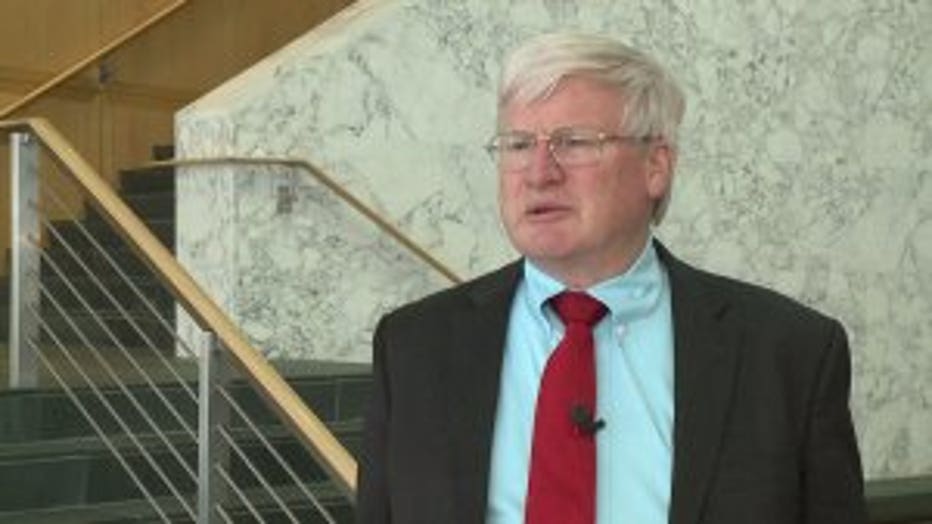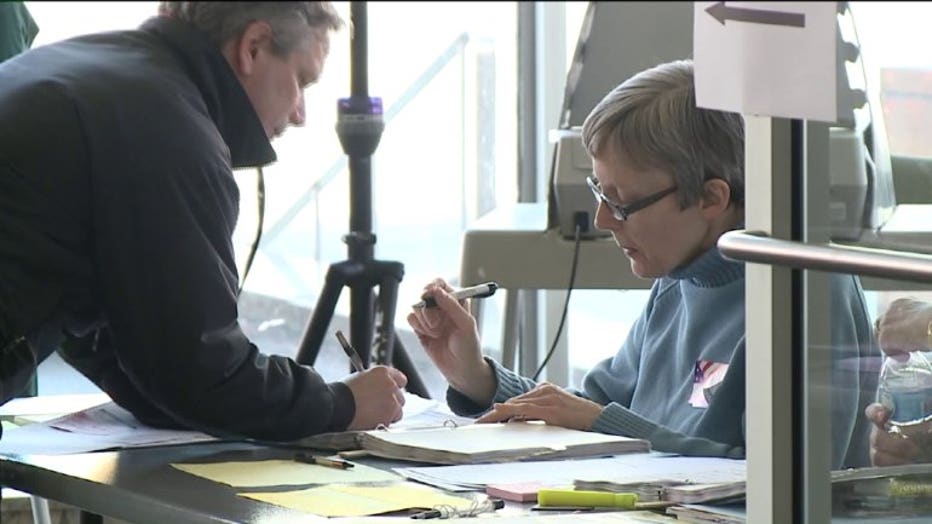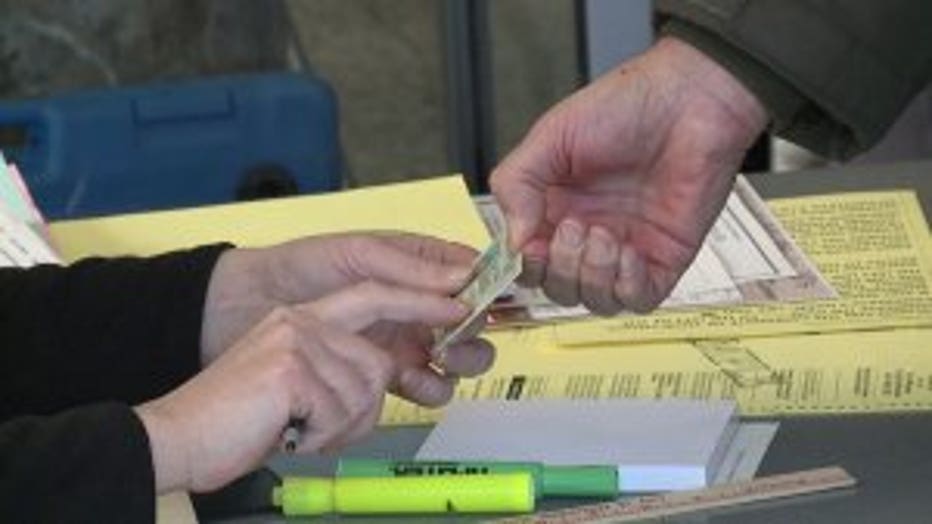Congressman Grothman on his comments on voter ID: "I don't know what's controversial"
Congressman Grothman reacts to voter ID law comments
Congressman Grothman reacts to voter ID law comments
MILWAUKEE -- Wisconsin Congressman Glenn Grothman is getting attention for comments he made on election night in Wisconsin on April 5th. On Thursday, April 7th he explained why his thoughts about the state's voter ID law should not be considered controversial. FOX6 News caught up with him and asked him to clarify what he meant.

Glenn Grothman
Grothman said he doesn't seen anything controversial when it comes to comments he made to a Milwaukee television reporter on Tuesday, April 5th.
"I don't know what's controversial about it. It surprises me that anybody would object to those comments," said Grothman.
On Tuesday, Grothman implied that the state's voter ID law would benefit a Republican candidate in November, saying:
"I think Hillary Clinton is the weakest candidate Democrats have ever put up and now we have photo ID. I think photo ID is going to make a little bit of difference as well."
Democrats jumped at the chance to say Grothman's comments prove what they've said all along about the voter ID law -- that it's meant to keep Democrats at home.

"How many of those individuals are Democrats who came to the polls and did not have an ID, and got sent back home?" said Representative David Bowen (D-Milwaukee).
Grothman said he simply meant an honest election makes Republican voters feel better.

"We have no idea how much cheating was going on two years ago, four years ago, eight years ago -- but to me as a Republican, the more we can do to make sure the elections are honest, the better I feel about it," said Grothman.
Grothman also said the photo ID requirement was not a move meant to give Republicans a tactical advantage.
"I never heard anybody in the Republican caucus talk about suppressing votes. They talked about honest elections," said Grothman.
Grothman also said high turnout Tuesday in Wisconsin points to the photo ID rule not suppressing votes.
2.1 million Wisconsinites cast ballots -- the highest turnout since 1972.

